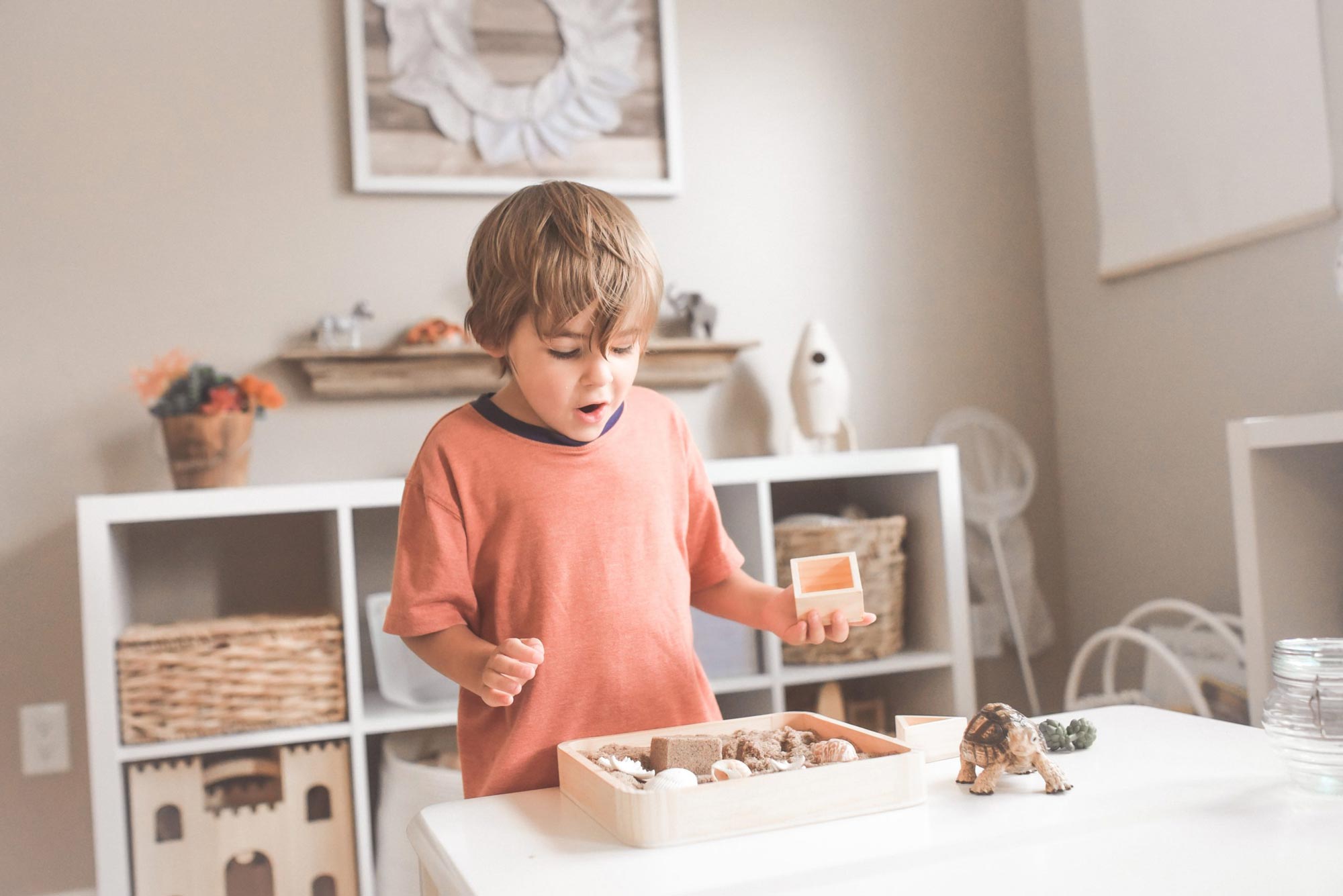There has been a lot of talk surrounding the social and economic concerns surrounding mental health lately, which is often directed at young adults, adults, and the elderly. However, children have also been significantly impacted by the recent pandemic, and researchers are worried that the mental health implications of lockdown may be long-lasting.
Study Finds That Children’s Loneliness May Manifest in Depression
Researchers at the University of Bath drew data from over 60 peer-reviewed studies, focusing on topics such as loneliness, isolation, and mental health for young people aged 4 to 21.
It was found that young people who are lonely, might be up to three times more likely to develop depression in the future — and the implications of loneliness could last for at least nine years.
They also discovered that the duration of loneliness may be more impactful than the intensity of a young person’s loneliness. Since the effect between loneliness and depression can lag, researchers suggest that it may up to ten years to truly understand the impact that the coronavirus crisis has created on this population.
Parents Are Already Noticing Changes
Health experts are worried that a lack of school structure and less social interaction is putting children’s mental health at risk. There are also concerns for children who suffered from mental health disorders prior to the pandemic, as COVID may be the “straw that breaks the camel’s back.”
An Ipsos survey found that in late spring, half of Ontario’s children were showcasing mental health issues. In addition, 59 percent of parents said that they noticed behavioral changes, ranging from extreme outbursts to drastic changes in personality.
These effects are being discussed around the globe. In a CNN Health article, it was reported that there’s currently no way of predicting the long-term effects that this pandemic will have on children. Especially since nearly 1 in 7 American children had a mental health condition prior to the pandemic — half of which go untreated.
Domestic Abuse During the Pandemic
In our article, The Relationship Between COVID-19 and Domestic Abuse: Here’s What You Need to Know, we uncovered the link between the 2020 pandemic and rising rates of abuse — including the impact that domestic abuse has on children.
Following natural disasters, cases of domestic and child abuse almost always spike — and while COVID is creating generic stress, the mental-health challenges of this pandemic are not the same as those experienced following a wildfire or flood, for example. COVID is unique and there’s a lot of uncertainty surrounding the lasting implications.
Abuse is a major stressor, and according to research, major stressors in early life are linked to health problems later in life. While some effects are noticeable immediately, others may surface decades later.
It’s Time to Stand Together
As more research surfaces, it’s up to us as a society to collectively ensure that the next generation is taken care of. If you have noticed changes in your child or are concerned about a child’s mental well-being, please refer to our child-focused services, as well as our children’s counseling programs.







